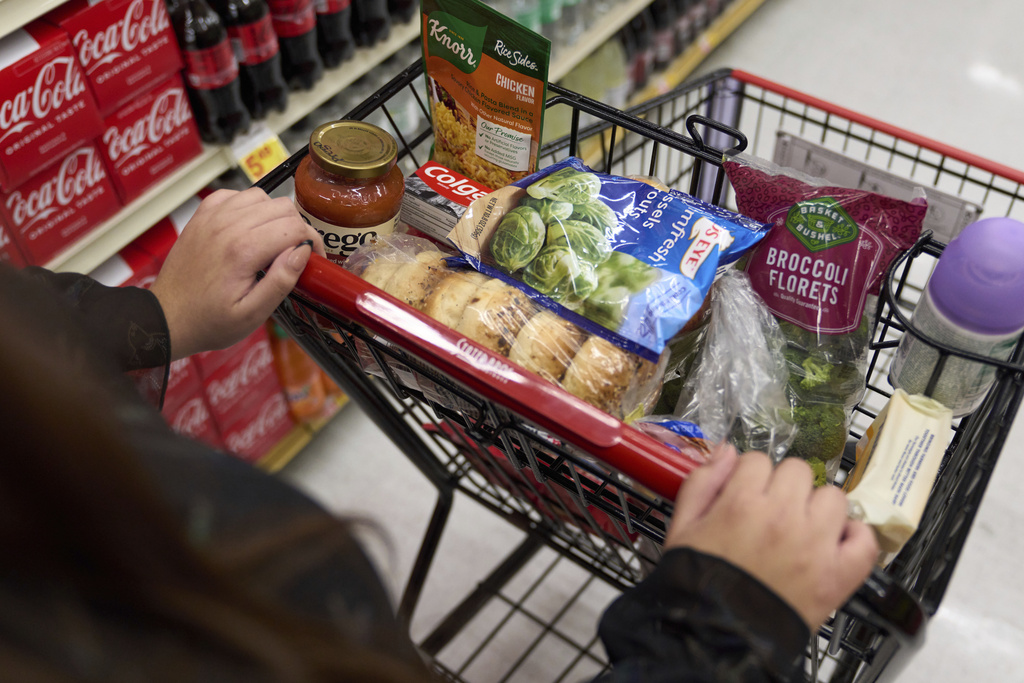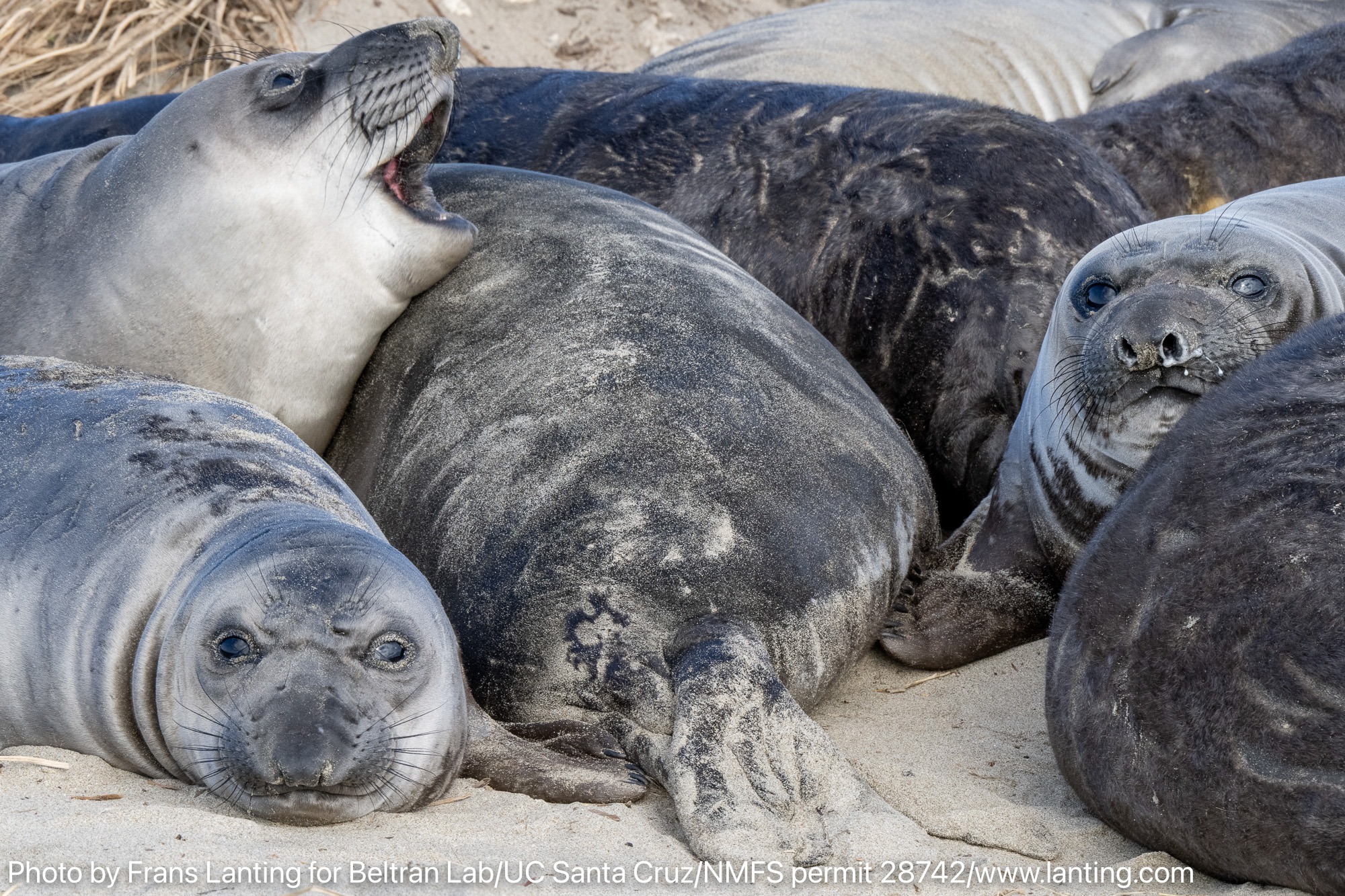Help is on the way for parents who want to vaccinate their children against the respiratory syncytial virus, also known as RSV.
At the urging of the Biden administration, drug manufacturers agreed to make 230,000 additional doses of the vaccine available for infants in January.
The White House said administration officials met with representatives of Sanofi and AstraZeneca to discuss the need.
"Families must be able to access the RSV vaccine. That’s exactly why the Administration has been urging manufacturers to produce and release enough RSV vaccines to meet demand we’re seeing. As a result of this work, we are glad that manufacturers will make 230,000 additional shots available," said White House assistant press secretary Kelly Scully.
In October, the Centers for Disease Control and Prevention announced there was not sufficient supply of nirsevimab, the RSV vaccine approved for babies and toddlers in July.
In light of the shortage, the CDC updated its guidance to prioritize giving doses to infants who face a high risk of severe RSV.

CDC: 16 states report 'high' or 'very high' respiratory illness levels
While there's a slight uptick in COVID-19, influenza and RSV vaccinations for both children and adults, rates remain low overall for both groups.
Trials showed that nirsevimab reduced the risk of hospitalizations related to RSV among infants by 70%-75%.
According to the CDC, RSV causes 58,000 hospitalizations annually among children under age 5.
The CDC said those most at risk for RSV include premature infants; very young infants, especially those 6 months and younger; and children younger than 2 years old with chronic lung disease or congenital heart disease.
Adults and older children who are healthy tend to have mild cases if infected. Early symptoms tend to include a runny nose, a decrease in appetite, and cough. Those symptoms can worsen, causing inflammation of the small airways in the lung.
Thursday's announcement by the White House comes as the CDC reports respiratory illnesses are considered high or very high in 16 states.
Like the flu and COVID-19, RSV tends to be most active from late fall through early spring.










